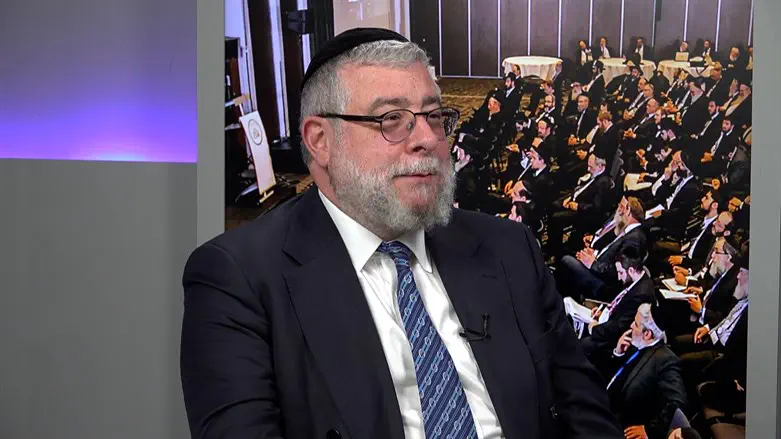
Jealousy is a trait we want to avoid – and that trait often has its roots in an “evil eye,” an eye that sees what others have, and works with the brain to try and figure out ways to get it for ourselves. This week’s Torah portion, Korach, tells us that the effort isn’t worth it; far better to live your own “best life” than to be jealous of someone else’s. What works for others won’t necessarily work for you.
Korach, the Levite who wanted to become the High Priest, epitomizes this attitude. He organized what amounted to a rebellion against Moses, the leader, and Aaron, the High Priest who had been appointed by G-d. Along with 250 of his allies, Korach attempted to carry out a Divine Service that was restricted to Aaron – and ended up sinking into the quicksand, along with his pals. Korach was unhappy with the very honorable position G-d had assigned him and tried to get what he considered to be a “better” job – and lost his life, and legacy, over that.
We have another individual in our history who was also unsatisfied with what G-d gave him, and tried to get something that he considered “better” – and that was our father Jacob, who dressed up as his brother Eisav in order to “fool” his father, Isaac, into giving him the blessings reserved for his older, firstborn brother. Those blessings contained promises of wealth and power – but for Jacob, they never came to pass. He ended up having to run away from his father’s house in order to avoid getting murdered by an angry Eisav – and ended up as a more or less indentured servant in the home of Laban, his uncle and future father-in-law. The only blessings that eventually did come to pass for Jacob were the ones Isaac gave him before he left home, this time presenting himself as who he really was – blessings of many children and grandchildren, and blessings that his descendants would return to the Land of Israel.
Unlike Korach, Jacob regretted his attempt to take Eisav’s blessings – coming to terms with the promises of the second set of blessings. When meeting Eisav after he escapes from Lavan’s house, Jacob tells his brother that he has everything he needs – meaning that he no longer desired what was rightfully Eisav’s. After 20 years of suffering in Lavan’s house, Jacob comes to the realization that what G-d gave him was what was best for him, after all – and that pursuing someone else’s blessings didn’t do him any good.
We remember this every Shabbat in the morning kiddush, where we say that if we honor the Shabbat properly, we will “enjoy the heritage of our father Jacob.” Shabbat is the ultimate day of being happy with what you have – there’s no work, no shopping, and no trying to get ahead. We enjoy the day with what we have.
That’s a lesson many of us could, and should, try to apply to our own lives. Life can be very competitive, whether in business, school, or in the social realm. Many of us look around and see others living what we believe to be “better” lives than ours – but very often that’s just what we see on the surface. Inside, in their private lives, things may not be so ideal – and if we knew the truth, we’d likely be satisfied with our own best life.
It’s a lesson for individuals, leaders, politicians, and nations; be careful what you wish for, because you could end up like Korach.
Rabbi Pinchas Goldschmidt is President of the Conference of European Rabbis, exiled Chief Rabbi of Moscow, and this year’s recipient of the Charlemagne Prize for his efforts to promote European values (last year’s winner was Volodymyr Zelenskyy).